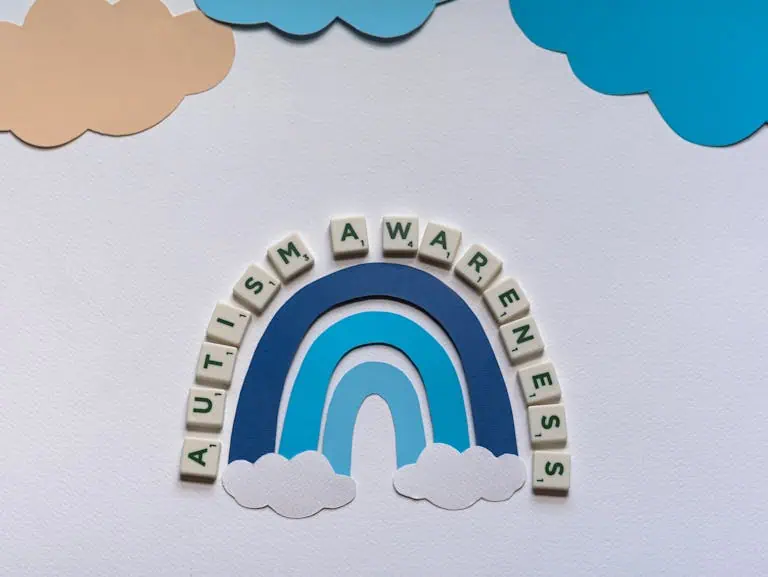The Importance of Early Autism Evaluations and Diagnoses
Understanding Autism
Autism Spectrum Disorder (ASD), commonly known as autism, is a developmental disorder that affects how a person communicates, interacts, and behaves. The term “spectrum” highlights the wide range of symptoms and skills individuals with autism can have. Some may need substantial support in their daily lives, while others might live entirely independently.
Why Early Evaluation and Diagnosis Matter
- Better Outcomes with Early Intervention: The earlier a child is diagnosed with autism, the sooner they can receive the support they need. Early interventions, such as speech therapy, occupational therapy, and behavioral therapy, are most effective when started at a young age. These therapies can help children develop crucial skills, making a significant difference in their overall development and quality of life.
- Understanding and Managing Behaviors: Early diagnosis helps parents and caregivers understand the behaviors associated with autism. This understanding allows them to manage and respond to their child’s unique needs more effectively. For instance, some children with autism may have sensory sensitivities, and knowing this early can help families create a more comfortable environment for their child.
- Access to Resources: Once a child is diagnosed with autism, families can access a range of resources and support services. These may include specialized educational programs, community support groups, and financial assistance. Early diagnosis ensures that families can tap into these resources sooner, helping them to better support their child’s development.
- Educational Planning: Early evaluation allows for better educational planning. Schools can work with families to develop an Individualized Education Program (IEP) tailored to the child’s specific needs or a 504 plan. This personalized approach ensures that the child receives the appropriate support and accommodations to thrive academically.
Recognizing the Signs
Early signs of autism can appear in the first two years of life. Parents and caregivers should watch for these signs and seek professional advice if they notice any of the following:
- Limited eye contact or lack of social smiling
- Delayed speech or language skills
- Repetitive behaviors, such as hand-flapping or rocking
- Strong preferences for routines and difficulties with changes
- Unusual reactions to sensory experiences, like certain sounds or textures
The Evaluation Process
The evaluation process for autism typically involves several steps:
- Initial Screening: Pediatricians often conduct initial screenings during regular check-ups. They may use standardized tools and questionnaires to assess developmental milestones.
- Comprehensive Diagnostic Evaluation: If the screening indicates potential signs of autism, a more comprehensive evaluation is conducted by specialists. This evaluation may include observations, interviews with parents, and various assessments to understand the child’s communication, social interactions, and behaviors.
- Multi-Disciplinary Approach: Often, a team of professionals, including psychologists, speech therapists, and occupational therapists, work together to evaluate the child. This collaborative approach ensures a thorough and accurate diagnosis.
Support for Families
Receiving an autism diagnosis can be overwhelming for families, but it also opens the door to essential support and resources. Here are some steps families can take:
- Educate Themselves: Understanding autism is crucial. Families can read books, attend workshops, and join support groups to learn more about the disorder and how to support their child.
- Connect with Professionals: Working closely with healthcare providers, therapists, and educators can help families create a comprehensive care plan for their child.
- Seek Community Support: Local autism organizations and support groups can provide valuable advice, resources, and emotional support for families.
Conclusion
Early autism evaluations and diagnoses are crucial for helping children with autism reach their full potential. By recognizing the signs early, seeking professional evaluations, and accessing the necessary resources, families can provide the support their child needs to thrive. Early intervention makes a significant difference, leading to better outcomes and a brighter future for children with autism and their families.
Improve Your Quality Of Life With An Autism Assessment
While autism presents many unique challenges, significant improvements are possible with the right support. An autism evaluation can lead to personalized care, better relationships, and an improved quality of life. To learn more about autism testing and assessment, schedule a free consultation call or contact us.








